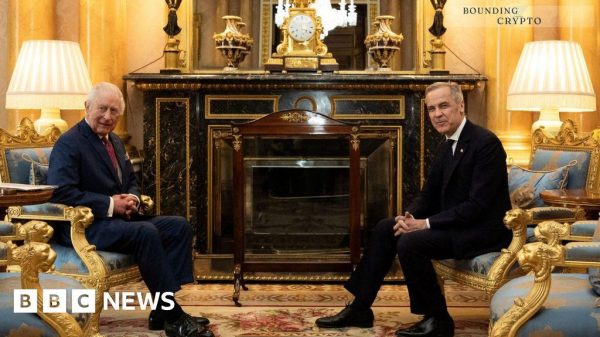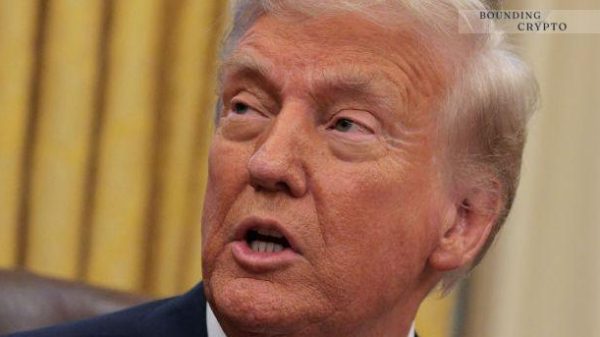A new law has been proposed that would ban members of Congress and the federal executive branch — including the president — from trading stocks.
The bipartisan “Ban Stock Trading for Government Officials Act” was introduced by Sens. Kirsten Gillibrand (D-N.Y.) and Josh Hawley (R-Mo.) in late July.
Don’t miss
- Rich young Americans have lost confidence in the stock market — and are betting on these 3 assets instead. Get in now for strong long-term tailwinds
- 36% of millionaires say it’ll ‘take a miracle’ to retire amid rising costs and a shaky market — here are the best shock-proof assets to grow your nest egg
- Commercial real estate has outperformed the S&P 500 over 25 years. Here’s how to diversify your portfolio without the headache of being a landlord
It builds on the decade-old Stop Trading on Congressional Knowledge (STOCK) law, which is supposed to combat insider trading by members of Congress and their staff.
Breakdown of the bill
The new bill would bar Washington officials from owning or trading stocks, even in blind trusts.
It would also impose penalties of varying degrees against those found to break the rules.
They could also be subject to additional civil penalties in “extraordinary” cases or those that involve “substantial monetary value,” according to a joint press release from Gillibrand and Hawley.
Read more: Jeff Bezos and Oprah Winfrey invest in this asset to keep their wealth safe — you may want to do the same in 2023
Huge public support
Public support for a ban on stock trading among members of Congress is almost unanimous — with 86% in favor nationwide, according to a recent survey by the University of Maryland’s Program for Public Consultation.
Sen. Hawley said the bill would “put the American public first” — but this rhetoric doesn’t appear to have swayed his colleagues in Congress.
Two bills on this matter — the TRUST in Congress Act and the PELOSI Act — have failed to move the needle this year, and it’s unclear if or when the Ban Stock Trading for Government Officials Act will be debated and voted on.








































